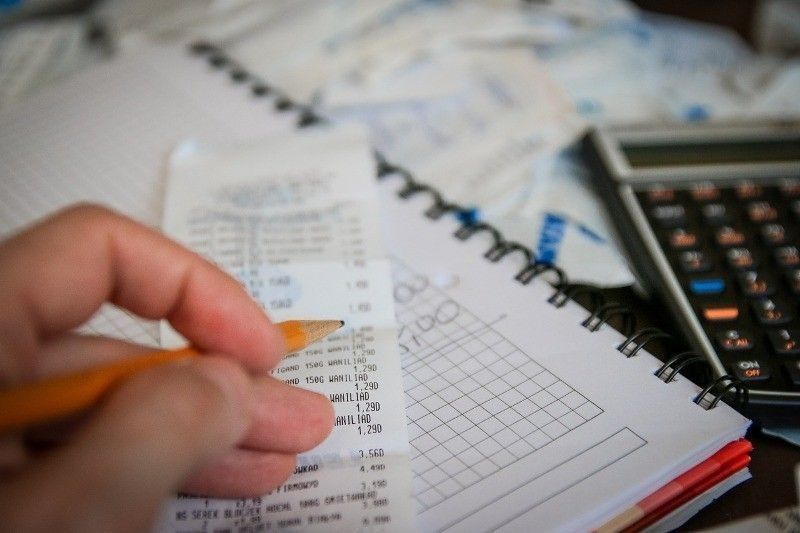Poor, middle class to bear brunt of tax on salty food

MANILA, Philippines — The poor and the middle-class segment of the society will likely bear the brunt of the proposed tax on salty and junk food, as well higher levy on sweetened beverages, amid the lack of affordable food options in the market.
Economists told The STAR that while the Department of Finance’s latest tax proposal seems to be a good measure, this may unduly burden the country’s low-income majority.
Finance Secretary Benjamin Diokno recently announced that the DOF and the Department of Health are pursuing a junk food and sweetened beverage tax in a bid to generate revenues while addressing diseases related to poor diet.
Such a tax measure is seen adding some P76 billion to state coffers and reducing consumption of junk food by 21 percent.
Leonardo Lanzona, economist and professor at the Ateneo De Manila University, said covered products have very high price elasticity, especially if targeted to the poor and middle income groups.
This means that demand may likely fall and unlikely increase collection for the needed tax revenues for important socially-oriented programs to be achieved.
“I think that the demand for these products will fall, except for those targeted to the rich. So revenues generated from these taxes will not be sufficient,” Lanzona said.
“The government should not rely on these forms of taxes as these can also be regressive, as lower and middle income groups are the heaviest consumers of these products,” he said.
Under the proposal, the government plans to impose a P10 per 100 grams or P10 per 100 milliliters tax on pre-packaged foods lacking nutritional value, including confectioneries, snacks, desserts, and frozen confectioneries, that exceed the DOH’ specified thresholds for fat, salt, and sugar content.
The DOF also wants to increase the sweetened beverage tax rate under the TRAIN Law to P12 per liter regardless of the type of sweetener used. Currently, the rate is at a minimum of P6 per liter.
Research and advocacy group IBON Foundation, for its part, maintained that the supposed health benefits may not be achieved given the lack of affordable alternatives, especially amid low purchasing power of the majority of Filipinos.
IBON executive director Sonny Africa argued that revenues would be generated precisely because the DOF knows about the lack of alternatives and that even poor Filipino families would keep buying such foods.
“An additional consumption tax will also just further depress household consumption spending, which has been slowing for three consecutive quarters already,” Africa said.
On the other hand, ING Bank senior economist Nicholas Mapa said that the tax measure should help generate fresh funds for government coffers while also improving the health of Filipinos.
This, as the government moves to consolidate its finances given the limited fiscal space following the pandemic’s effect on revenues that has yet to fully recover.
“The estimated revenue take from this does look a bit modest versus total revenue collection for a year. But at this point, perhaps every additional revenue can count,” Mapa said.
Rizal Commercial Banking Corp. chief economist Michael Ricafort explained that the administration is proposing new taxes as inflation continues to stabilize.
“New and higher taxes during better economic times make sense, as well as the urgency to pay large debts incurred since the pandemic, though some of the debts are long-term in nature,” Ricafort said.
Ricafort added that the measure is not necessarily anti-poor as it is similar to sin taxes, which slaps levies on less essential products with health risks, such as tobacco and alcohol.
Diokno said the added revenues from the tax package would fund important socio-economic programs of the administration.
Mapa, meanwhile, said part of the proceeds should help promote healthier alternatives and support industries that produce healthier choices.
Still, IBON argued that if the DOF is really concerned about improving the diet of Filipinos, it should support wage hikes and provide ayuda that would increase the purchasing power and food consumption of millions of families.
It also called on the government to raise substantial revenues, without burdening ordinary Filipinos, through a wealth tax that could raise some P500 billion annually.
Lanzona agreed with this, noting that consumption taxes should be complemented with a wealth tax to provide more programs for the poor.
“The goods that the rich commonly purchase, such as luxuries, the demand may not decrease as much. So, the overall goal should be to make these taxes more progressive,” he said.
- Latest
- Trending




























